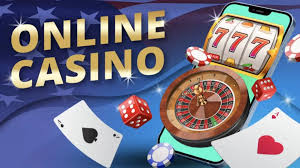Casinos are establishments that have long captivated the online casino philippines human imagination. These venues, often associated with luxury, excitement, and risk, have a rich history and play a significant role in various societies worldwide. From the grandeur of Las Vegas to the elegance of Monte Carlo, casinos are more than just places to gamble—they are complex entities that intertwine entertainment, economics, and ethics in intriguing ways.
A Brief History
The concept of a casino, as a place for gambling, dates back centuries. The word “casino” itself is of Italian origin, meaning “a small house.” The first known European gambling house, the Ridotto, opened in Venice, Italy, in 1638. Over time, casinos spread across the globe, adapting to different cultures and legal frameworks.
In the United States, casinos have a particularly storied history. In the early 20th century, gambling was largely illegal, leading to the rise of underground casinos and the infamous mob-run establishments in cities like Las Vegas. The legalization of gambling in Nevada in 1931 paved the way for the development of the modern casino industry in the U.S., culminating in the iconic Las Vegas Strip.
Entertainment and Economy
Casinos are not just about gambling; they are also entertainment complexes that offer a wide range of amenities and attractions. Modern casinos often include luxurious hotels, world-class restaurants, live entertainment venues, and shopping centers. These amenities are designed to attract a diverse range of visitors, from high-rollers to casual tourists, making casinos major contributors to local economies.

